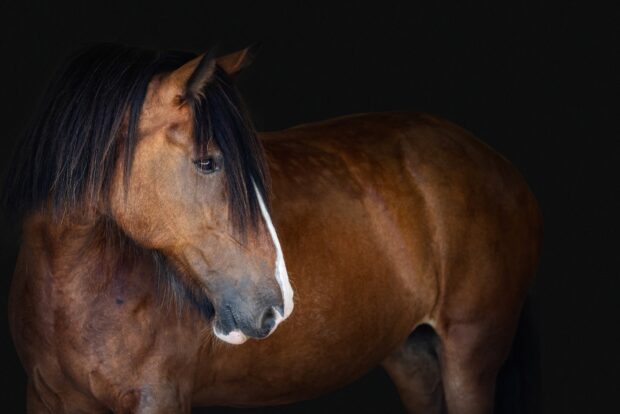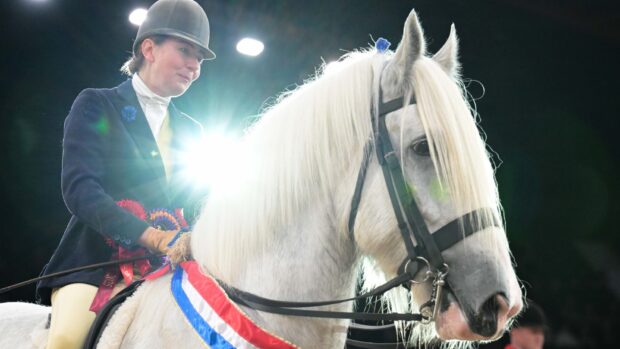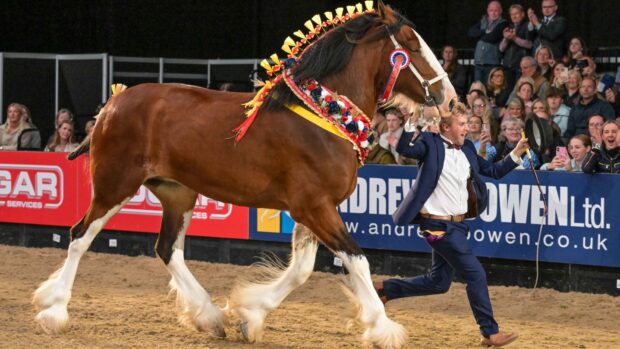A project that uses horses to tackle bullying is underway after a pilot study found a change in attitude from two-thirds of participants.
Equine assisted learning therapist Dr Andreas Liefooghe has been working with groups of children to help to teach them to cooperate and work together.
At each session, the group is given a set of tasks to complete, for which they have to work as a team with a herd of horses in an arena.
Dr Liefooghe is a psychologist and psychotherapist at the University of London.
“I have been researching bullying for the past 20 years both in schools and in work places and I am a life-long horseman,” he told H&H.
| Popular articles |
The project follows a successful pilot, funded by the Royal Parks Foundation, which ran in November 2014.
After the pilot, which involved more than 60 children from two London schools, major changes in behaviour from bullies was reported.
Two-thirds of the participating children who would have tolerated bullying behaviour prior to the course showed that they would no longer accept it.
Bystanders within the groups that took part also become more involved in their environment following the sessions.
Dr Liefooghe said the process was not to identify bullies, but was about tackling bullying on a group-level.
He added that simply taking a bully out of a crowd in effect creates a “job vacancy”, allowing someone else to take their place rather than stopping the problem.
Dr Liefooghe is currently working with six different schools and group size ranges from small numbers up to 30 people. The groups have seven sessions in total — five with the horses and two without.
Rather than being completely led by a plan, the children are given a few exercises to give them a focus, for example to move the horses around an object.
“The tasks themselves are secondary, the real thing is for them to work as a group,” he said.“You cannot bully a shire — you have to ask them.”
For most participants working with horses is a new experience, but in one case a child who had experience with horses, but the rest of the group did not want to listen to him.
“To the group, he could have been a resource,” said Dr Liefooghe. “Bit by bit we got to the position where he could demonstrate some leadership — but leadership at a level that the group could accept. ”
Most of the equines used are the therapist’s own shire horses, which he also lends to the Royal Parks for conservation work.
The project began in anti-bulling week in November and finishes at the end of March.




